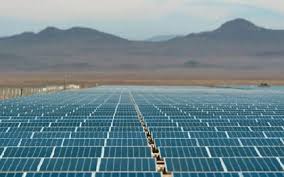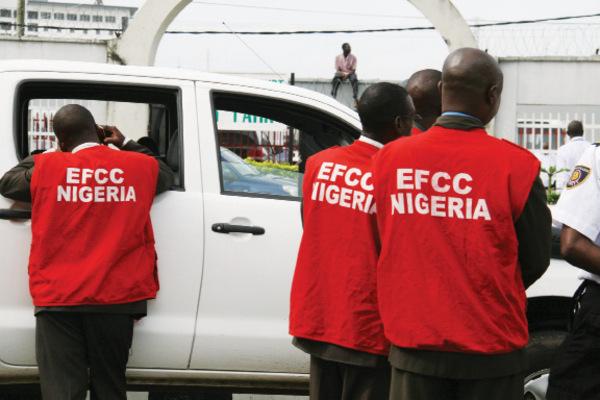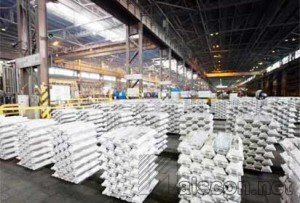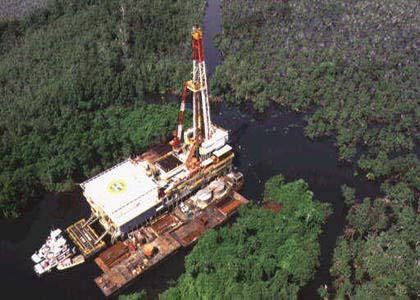
Oscarline Onwuemenyi
25 March 2017, Sweetcrude, Abuja — Solar Nigeria, a Department for International Development (DFID) funded programme, has announced that it will provide an additional grant of 13 million pounds to help reputable companies involved in the production of solar energy in Nigeria.
The Programme Coordinator of Solar Nigeria, Mrs. Ifunanya Nwandu, who announced this at a renewable energy forum organized by “Power for All” on Friday in Abuja, added that Solar Nigeria is a DFID funded programmed that began in 2014 and collaborates with other donors and Nigeria’s federal and state governments.
The programme works directly with companies that manufacture, install, and finance solar energy systems in Nigeria.
She explained that Nigeria has huge potential for solar electricity. The cost of solar power is coming down, and Nigeria’s need for affordable, reliable, and clean electric power has never been greater.
“We work with solar companies, local banks, and international finance to help businesses, institutions, and households get access to solar power on terms they can afford. We also partner with State governments to bring solar power to key health and education facilities in areas of the country where the need is greatest,” she stated.
The programme was designed to end in 2020 with the mandate to provide grants and technical assistance to companies involved in providing household solar technologies.
Nwandu said that the grant would help strong companies to accelerate their expansion to provide solar energy for 25 million Nigerians.
According to her, Solar Nigeria has also improved energy access for over 1.5 million people since it commenced operation in 2014.
She said that the organisation had been involved in delivering clean, reliable and affordable solar energy to Nigerians.
She said this was possible by accelerating the private markets for off-grid solar solutions.
According to her, the Solar Nigeria programme had also earlier provided 38 .3 million pounds to Kaduna and Lagos state governments for various developmental projects.
She said part of the projects had resulted in the construction of 175 schools and 11 clinics in Lagos and 34 primary health clinics in Kaduna with solar installations.
She said that the combined projects in both states had resulted in the provision of 6MW of solar power.
According to her, in 2016, more than 166,000 solar systems were acquired on commercial terms by individual consumers from companies who benefited from the grants provided by SN.
She said that Solar Nigeria was also helping to demonstrate how solar systems could be technically viable to drive growth in the private sector solar market
Nwandu said Solar Nigeria was committed to collaborating with the Federal Government and state governments to improve renewable energy to health and education facilities, particularly in the northern part of Nigeria.



